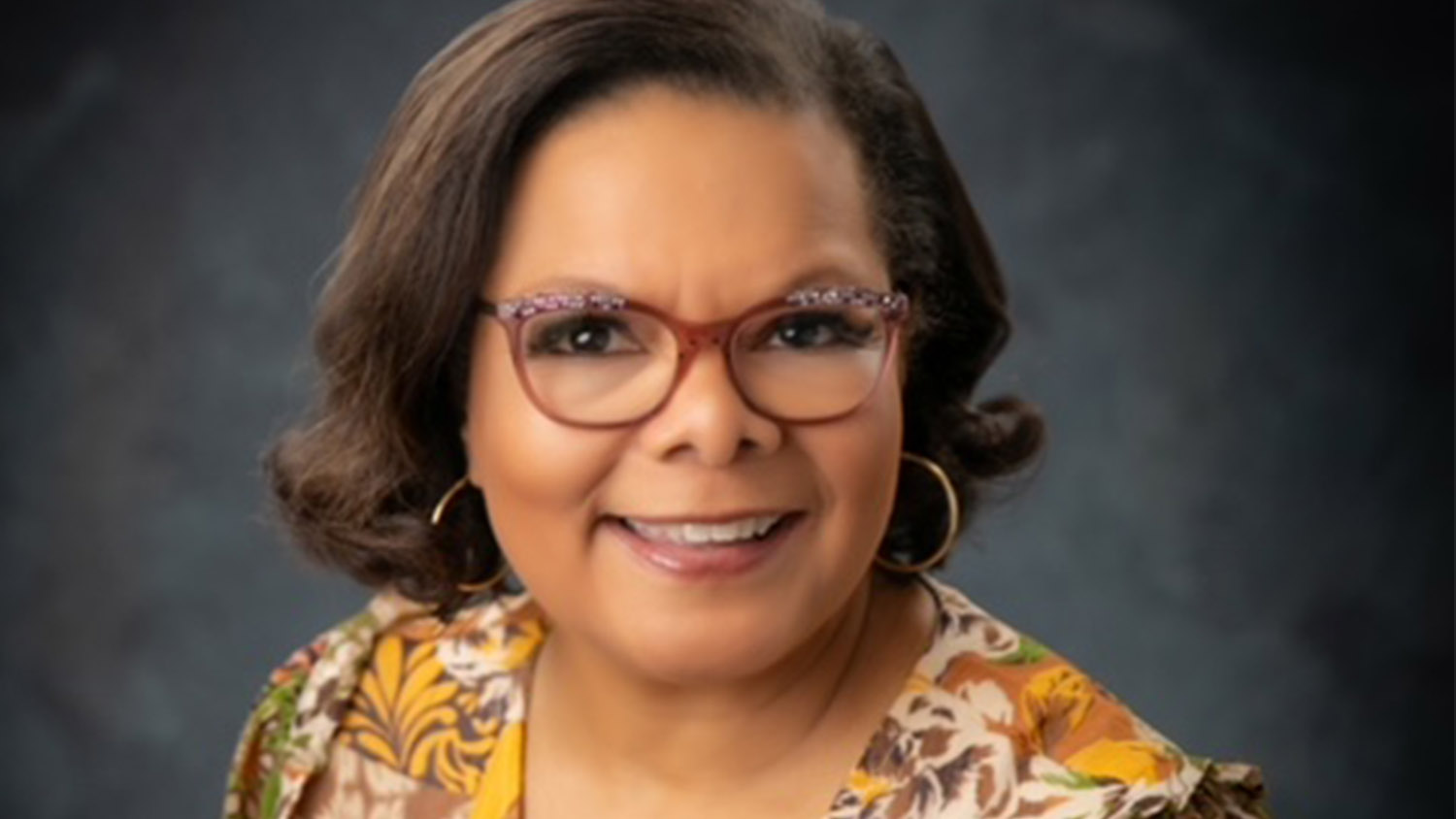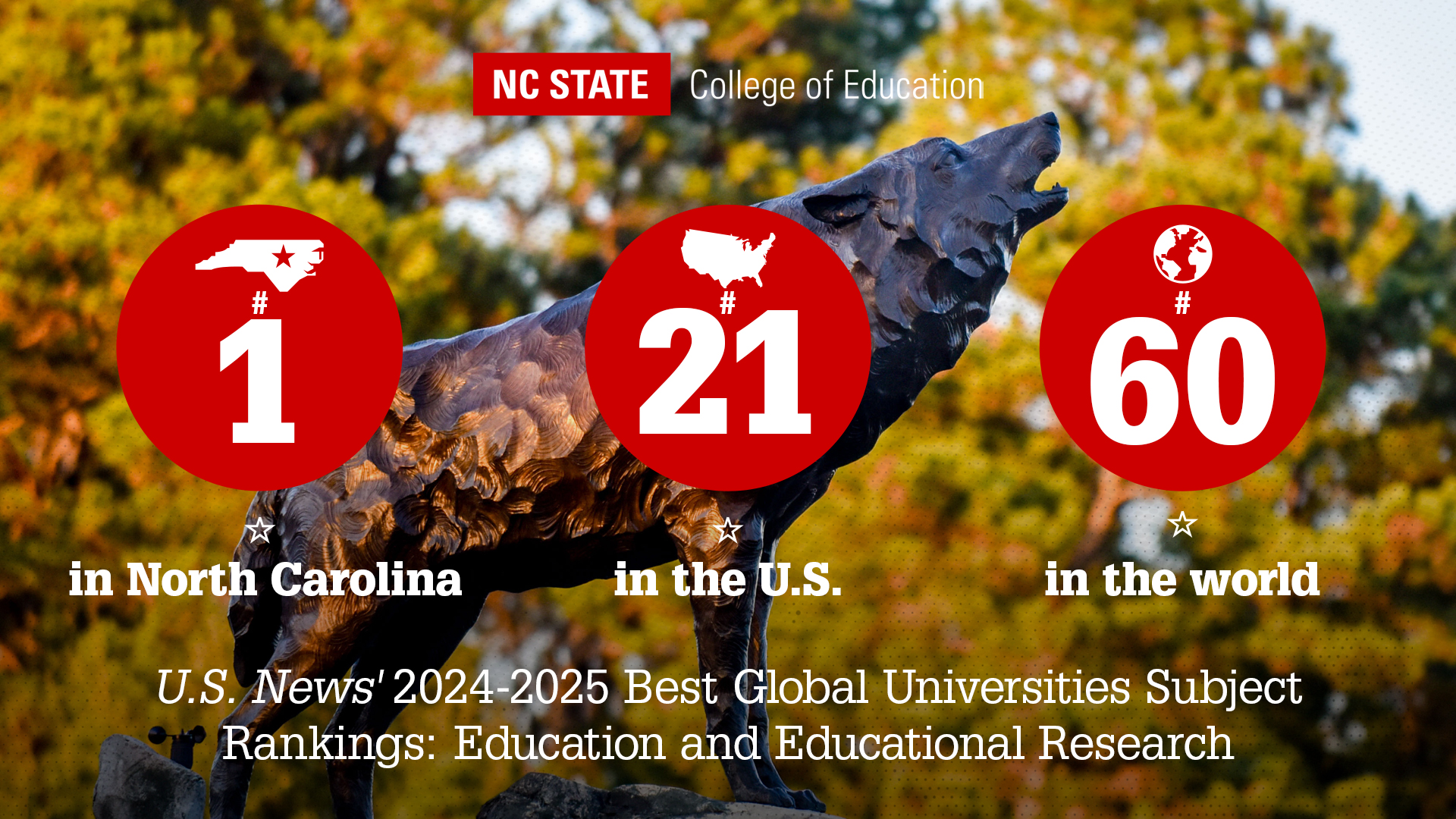NC State Education Presents 3 Outstanding Dissertation Awards at Spring Graduation

The NC State College of Education awarded three doctoral dissertation awards for outstanding scholarly research completed during the 2018-19 academic year at its spring graduation ceremony held Friday, May 10.
Department of Educational Leadership, Policy, and Human Development
Ashley Gray ’18PHD
Program Study Area: Educational Research and Policy Analysis
Dissertation Title: Doing the Right Something: A Grounded Theory Approach to Understanding Advocacy.
Dissertation Committee Members: Joy Gaston Gayles (chair), Marc Grimmett Alyssa Rockenbach, Tara Hudson and Audrey Jaeger.
Gray’s Key Takeaway: “Advocacy and allyship is a continual and evolving process in which college student activists consistently return to doing the right something, the core category of this process. . . .This theory enhances the theoretical understanding of intersectional identity development, Critical Consciousness Theory, and in-group activist and ally development.”
Department of Science, Technology, Engineering, and Mathematics Education
Mona Tauber ’19PHD
Program Study Area: Mathematics Education
Dissertation Title: Moment-By-Moment Noticing of Professional Development Leaders: A Multi-Case Study on Facilitation of Elementary Mathematics Teacher Professional Development.
Dissertation Committee Members: Paola Sztajn (chair), Temple Walkowiak, Karen Keene, Angela Wiseman and Daniel Heck.
Tauber’s Key Takeaway: Overarching themes disclosed participants simultaneously noticed three areas regarding facilitation: the professional development curriculum, facilitation practices, and participating teachers’ dual learning needs as learners and practitioners.
Department of Teacher Education and Learning Sciences
Nancy Smith ’18PHD
Program Study Area: Curriculum and Instruction
Dissertation Title: Facilitation of Physical Therapist Student Hypothetical Deductive Clinical Reasoning Using a Scaffolded Mobile Application.
Dissertation Committee Members: Kevin Oliver (chair), Hiller Spires, Hollylynne Lee, Meghan Manfra, and Andrew Bartlett.
Smith’s Key Takeaway: A scaffolded mobile application is capable of supporting physical therapist student clinical reasoning by increasing students’ ability to use higher order reasoning strategies, decrease students’ need for support from the interviewer while thinking aloud, streamlining and improving the sequential order of the reasoning process, and improving the diagnostic decisions made. Scaffolding of the clinical reasoning process through three types of scaffolds — sensemaking, process management, and reflection and articulation — is necessary to support clinical reasoning in first-year physical therapist students.
- Categories:


